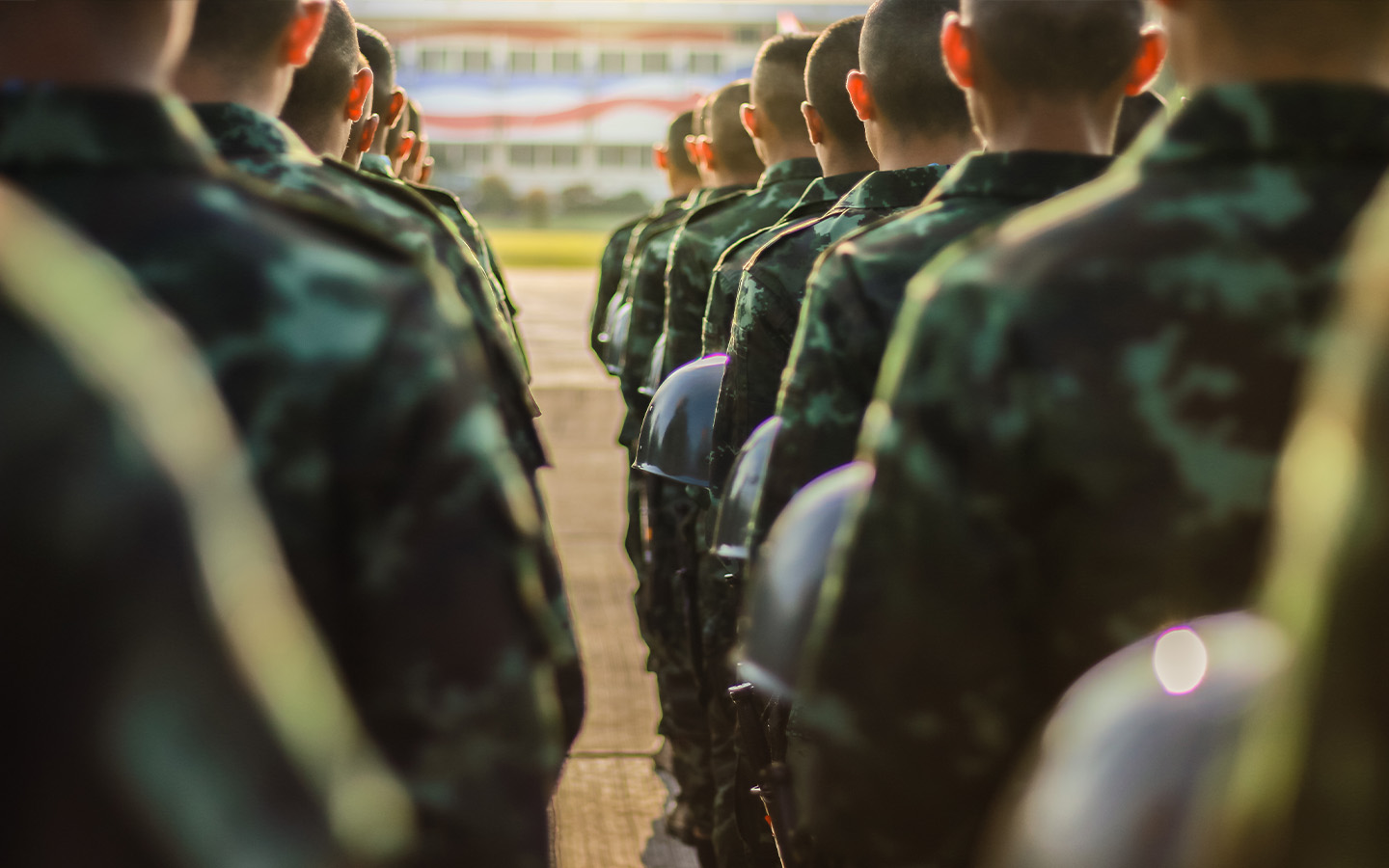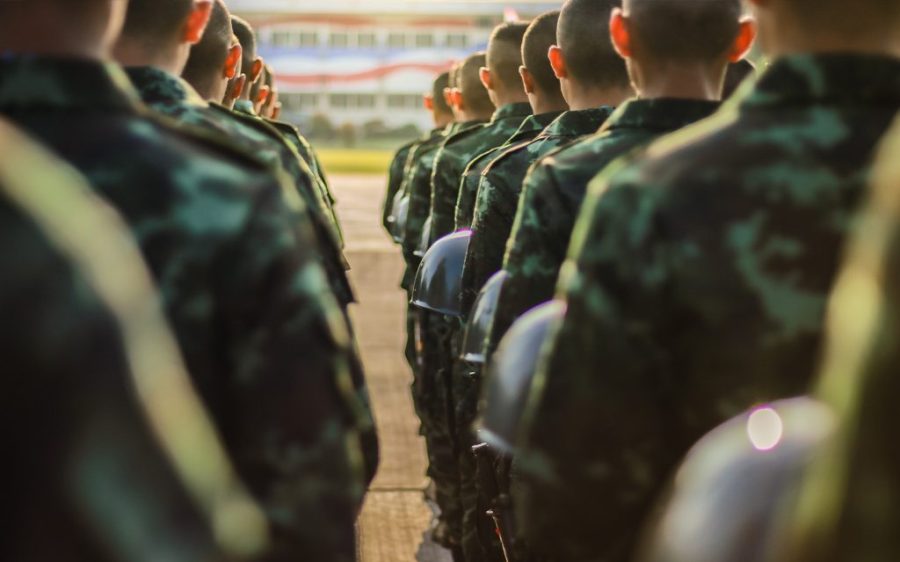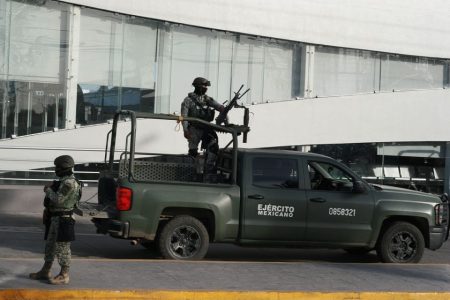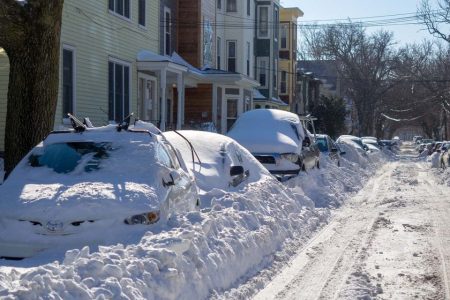Thailand and Cambodia leaders have agreed to begin ceasefire talks after days of deadly border clashes that have killed at least 33 people and displaced more than 150,000 civilians, according to multiple media outlets.
Sporadic exchanges of fire are continuing across the border even as the two side prepare for the meeting, set to take place today in Malaysia. The Thai delegation will be led by acting Prime Minister Phumtham Wechayachai, and the Cambodians by Prime Minister Hum Manet. The parley comes after US President Donald Trump spoke to both leaders on Saturday.
“I called the prime ministers of each [country] and said, we’re not going to make a trade deal unless you settle a war,” Trump has said.
From 1 August, Thailand and Cambodia are both facing reciprocal tariff rates of 36 percent on exports to the US unless they can negotiate their respective trade deals – which Trump noted would be “inappropriate to do until such time as the fighting stops.”
[See more: Thailand’s casino bill has been withdrawn amid political turmoil]
The latest hostilities between the neighbouring Southeast Asian nations broke out on Thursday, intensifying along multiple sections of their 800-kilometre border on Friday and Saturday. Thailand is by far the wealthier of the two countries and has a much larger, better-resourced military.
Thai forces have accused Cambodia of sparking the conflict by deploying drones to conduct surveillance of Thai troops near the border. Cambodia, meanwhile, claims that Thai soldiers violated a prior agreement by advancing on a Khmer-Hindu temple. Both sides have lost civilians and military personnel.
The clash revives a longstanding dispute over territory demarcated during the French colonial era. It also underscores broader geopolitical tensions within the region, with US-aligned Thailand facing off against China-leaning Cambodia.
The UN Security Council held an emergency closed-door meeting regarding the conflict on Friday, with all 15 members urging restraint and a peaceful resolution. Secretary-General António Guterres offered the UN’s support in facilitating dialogue.






